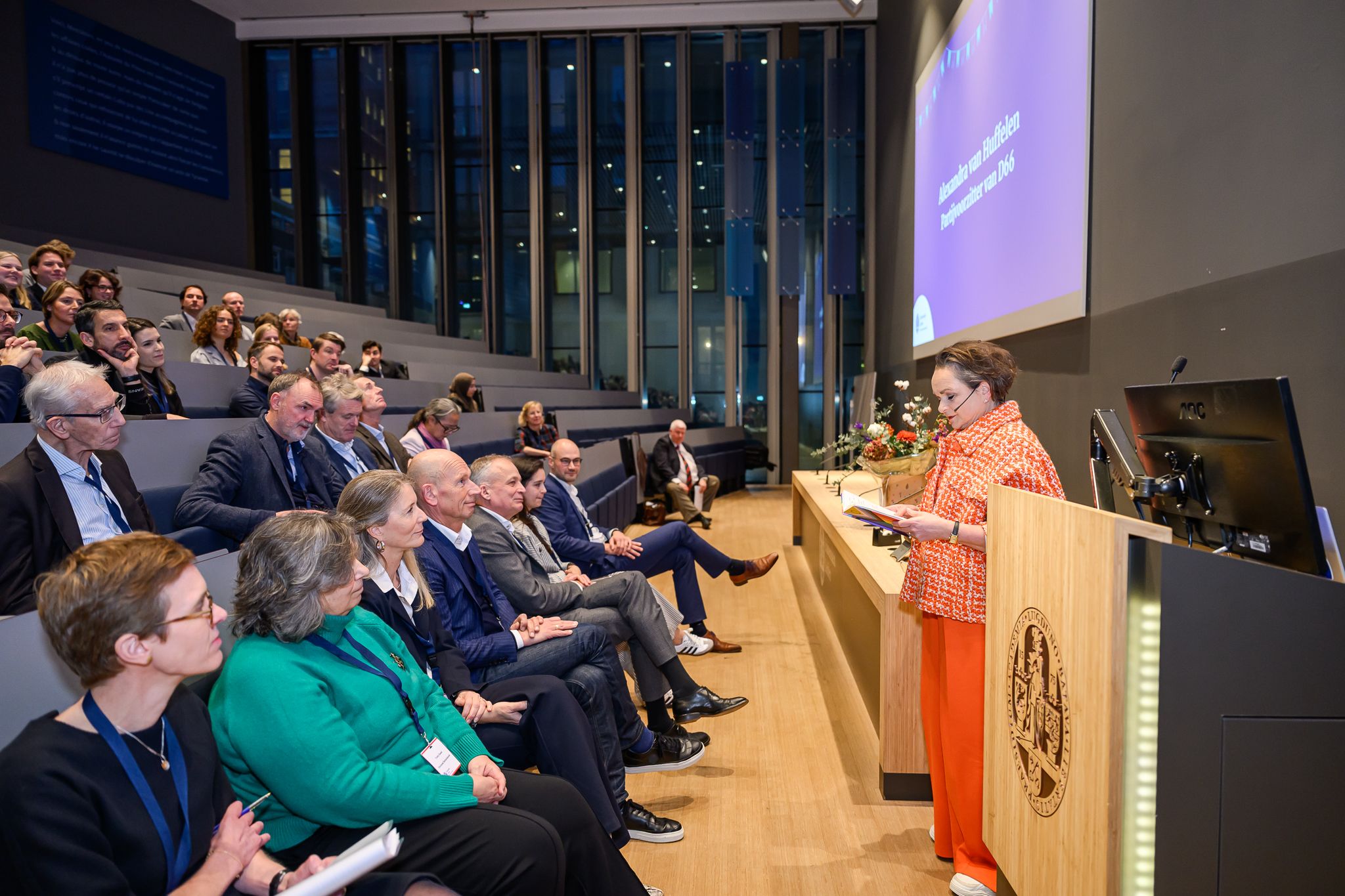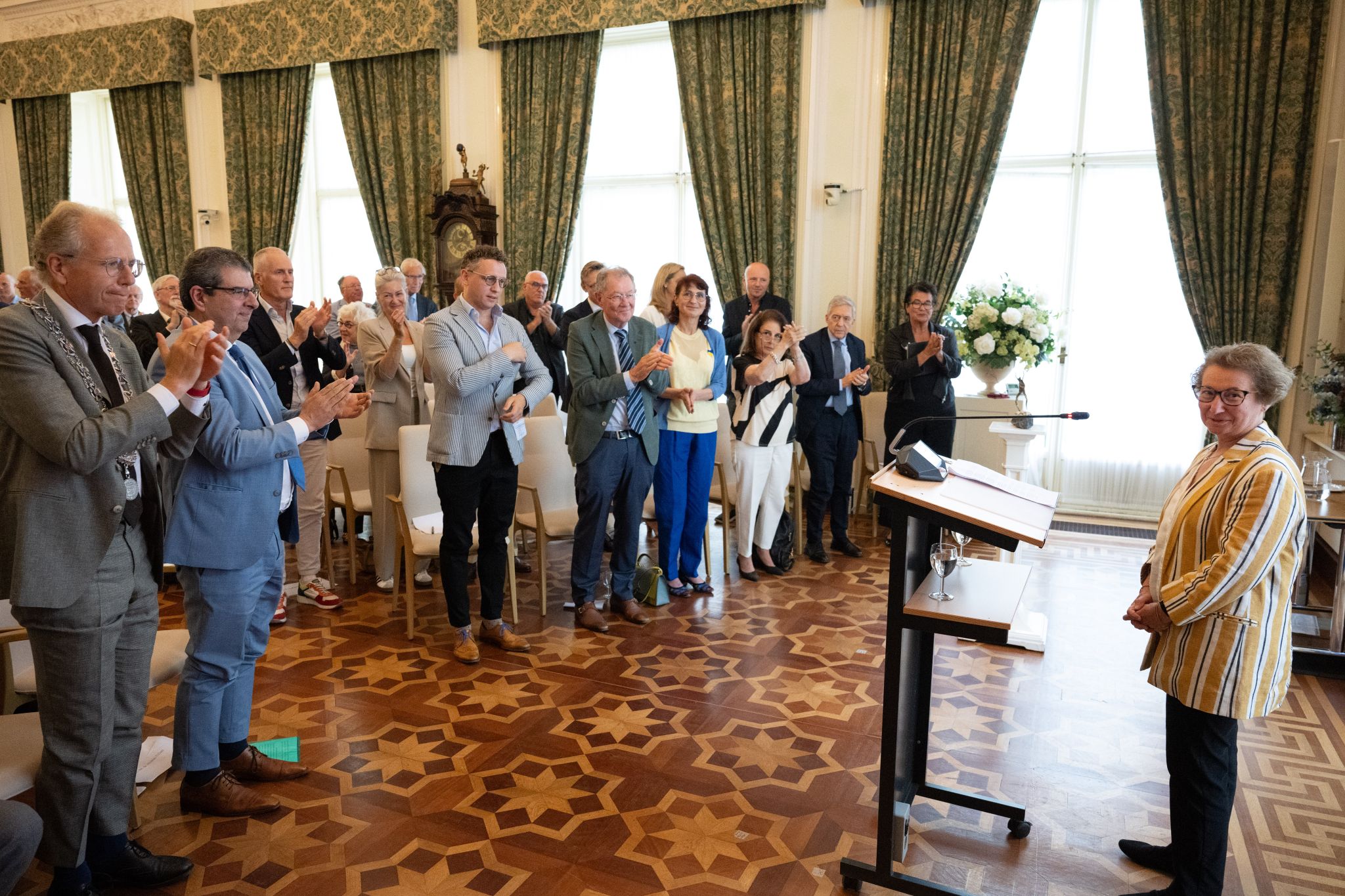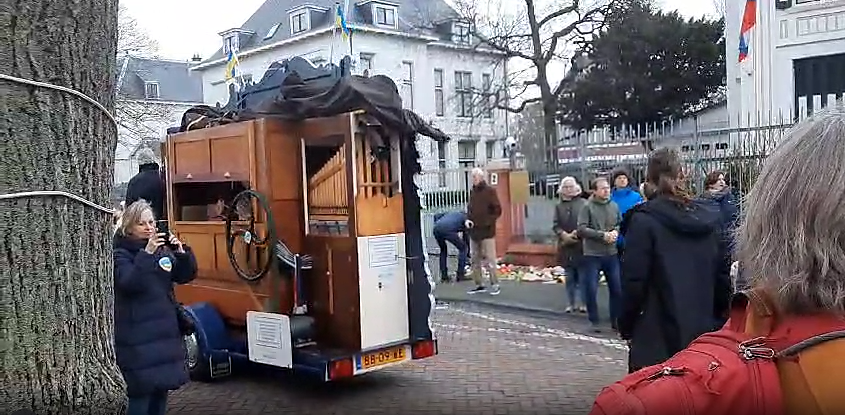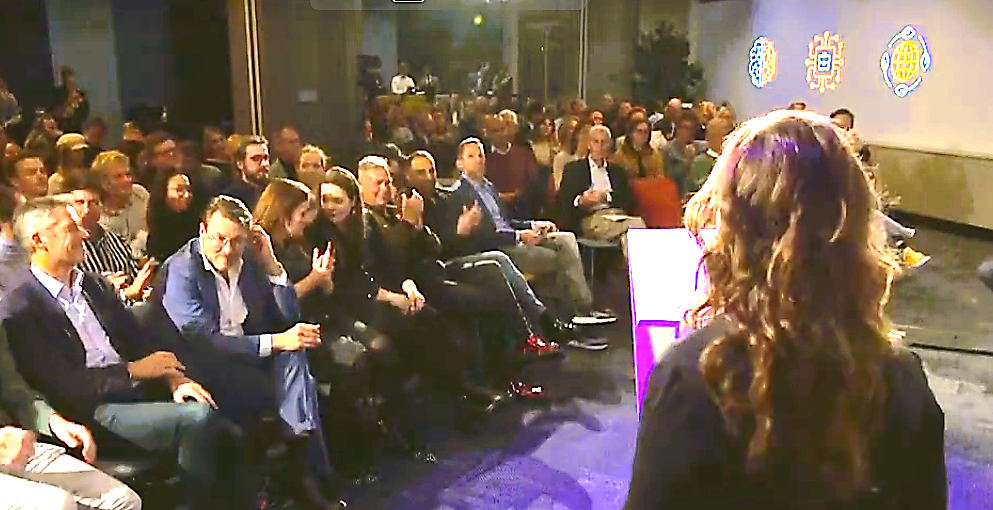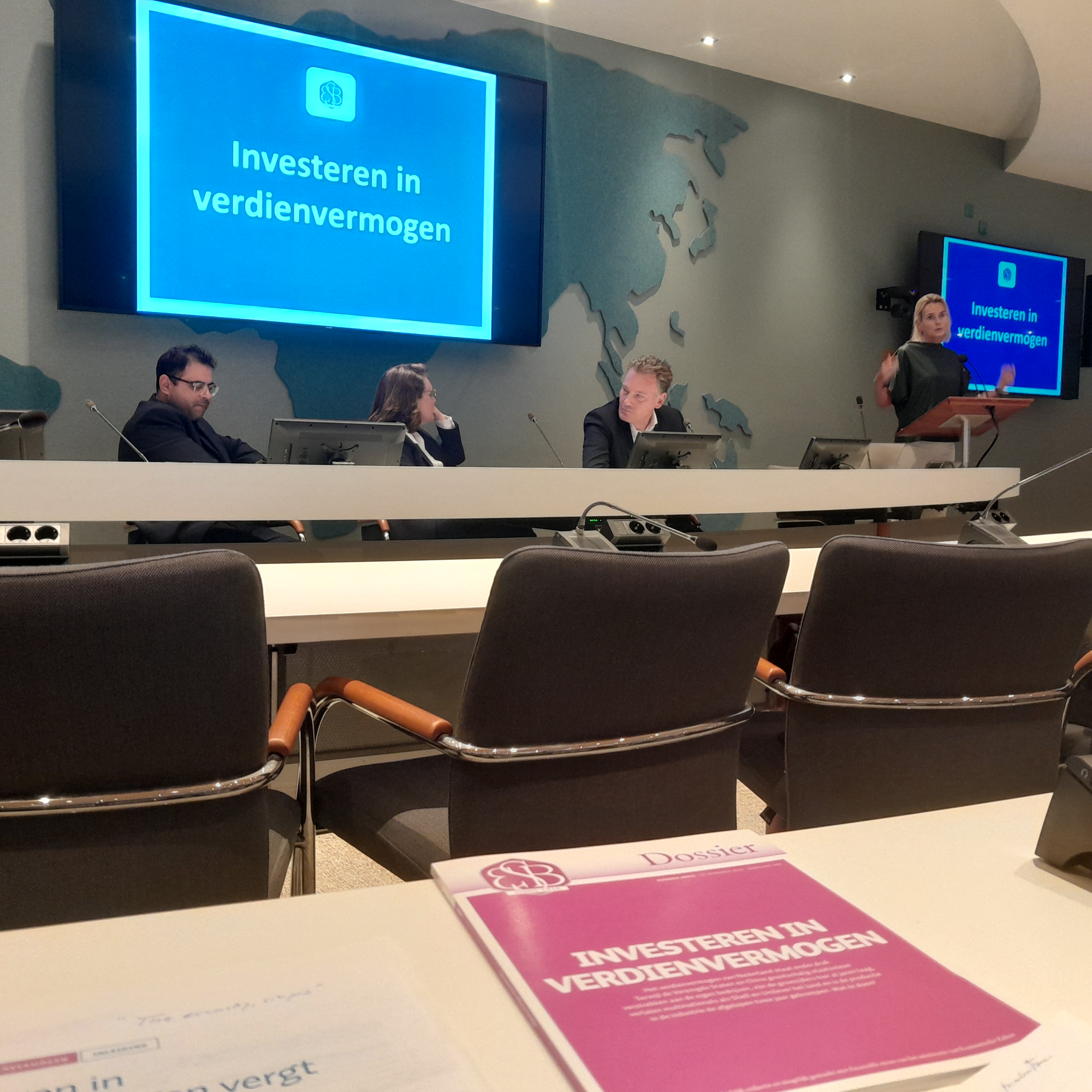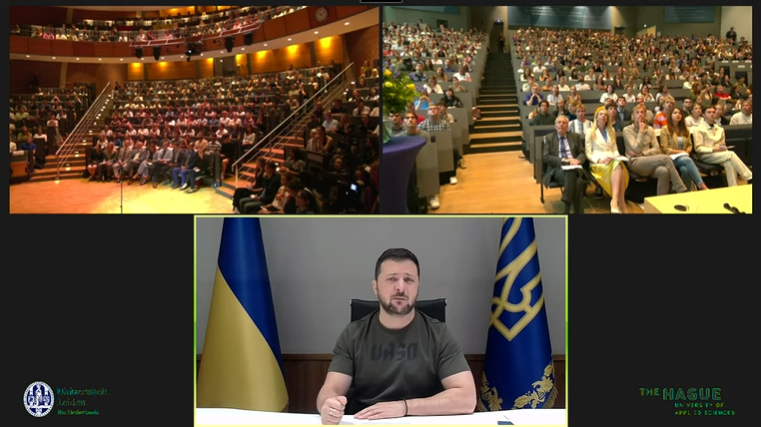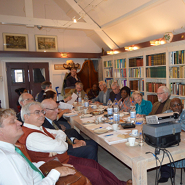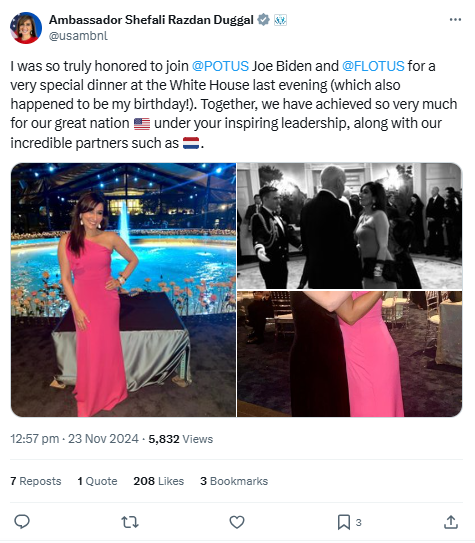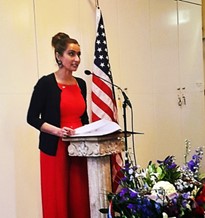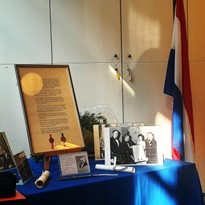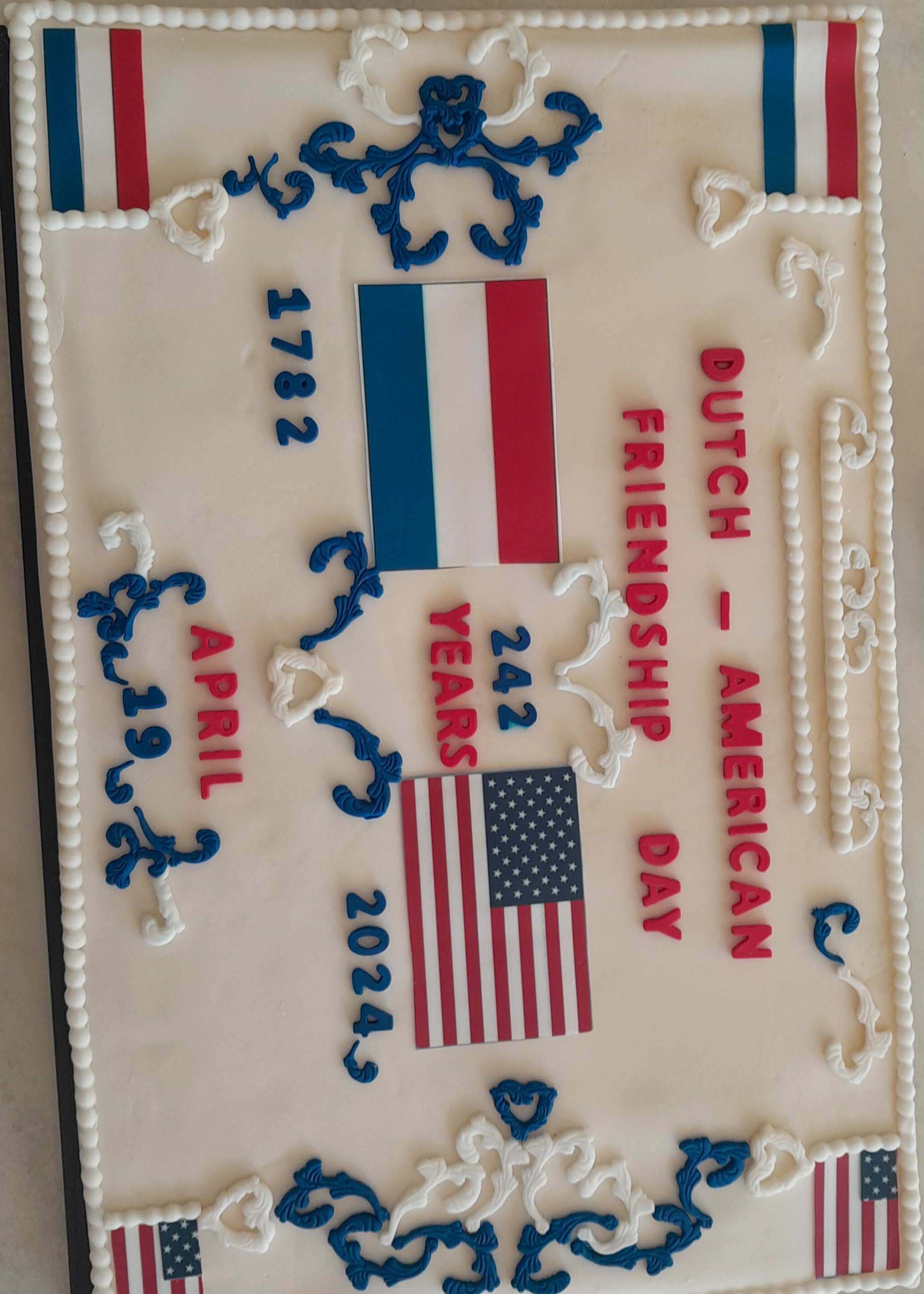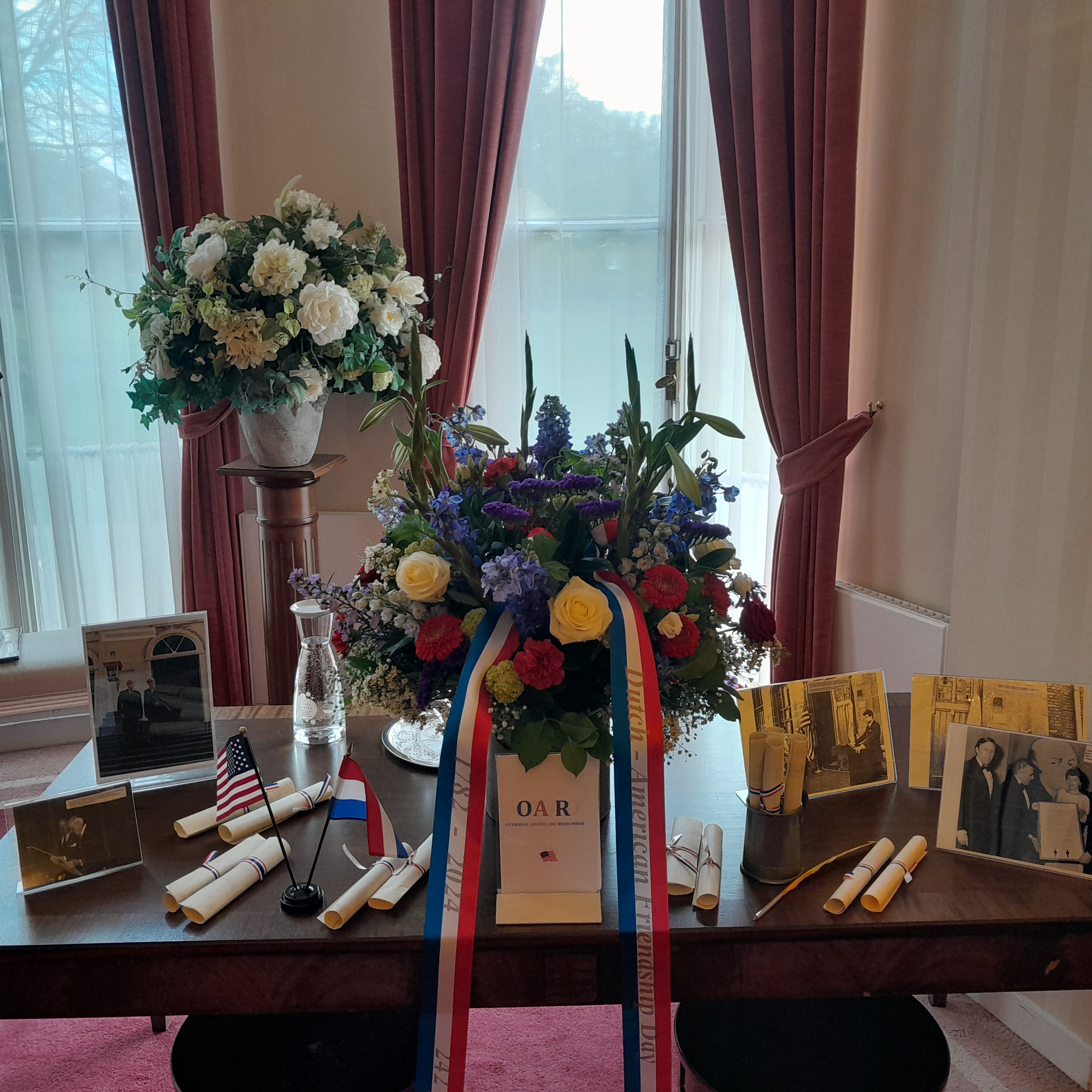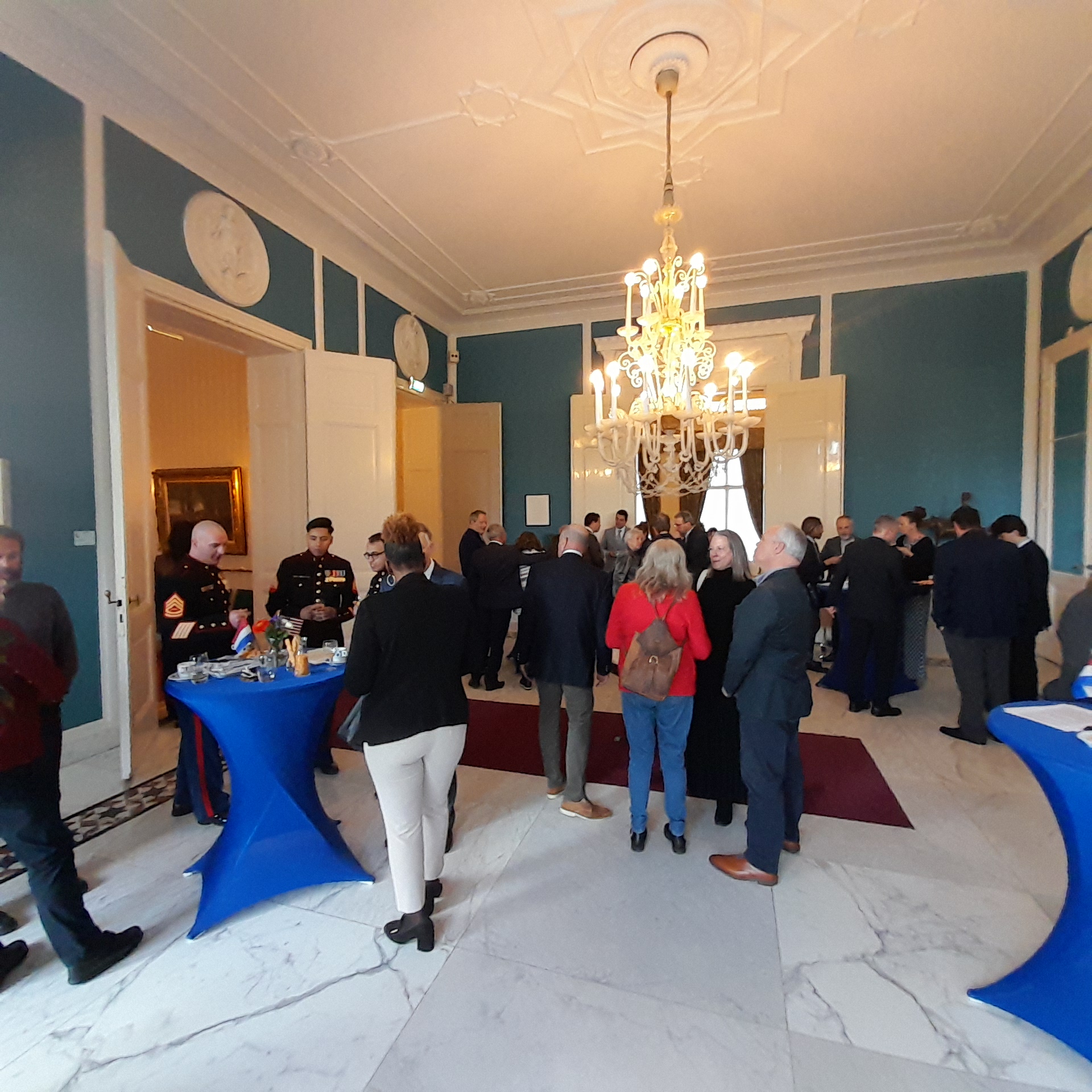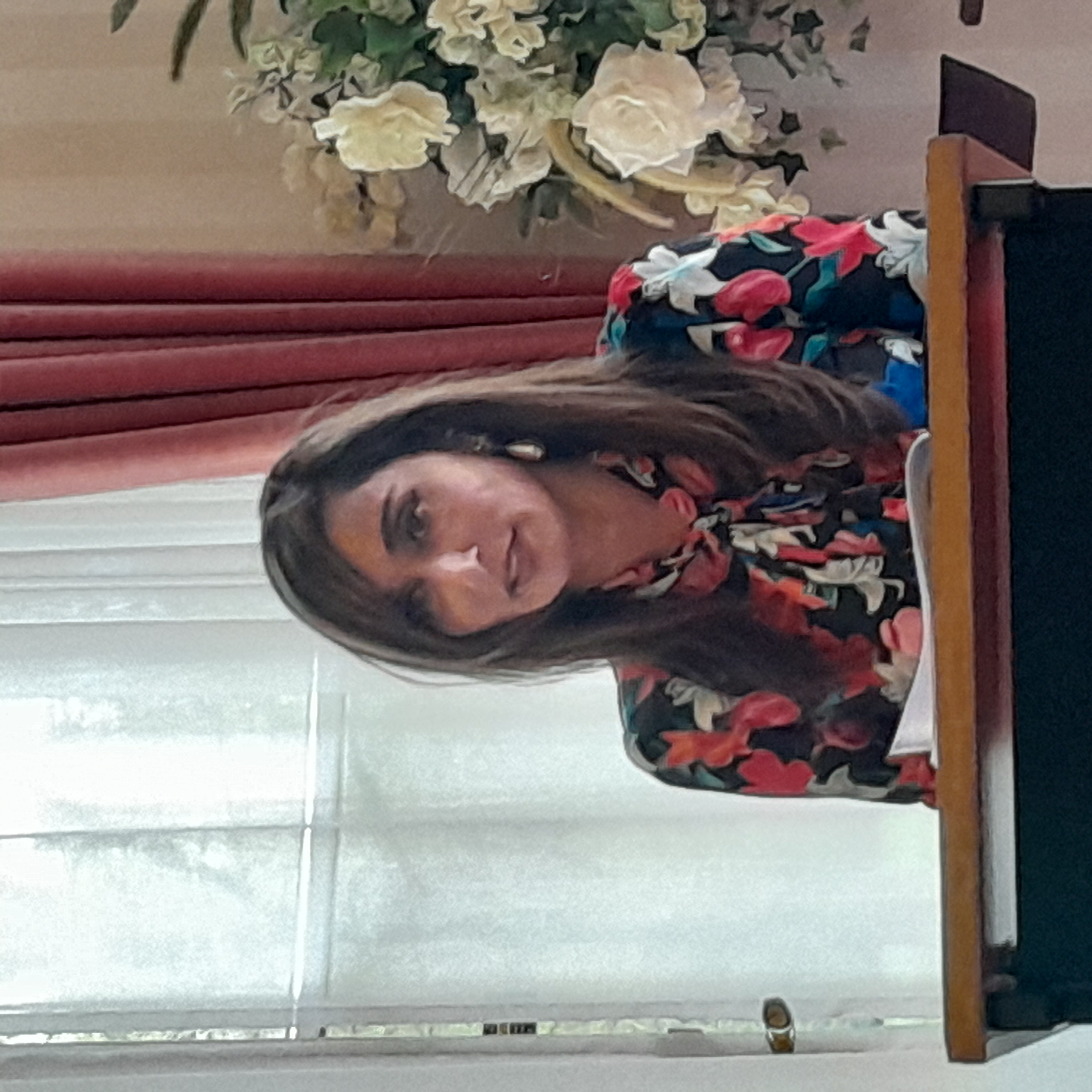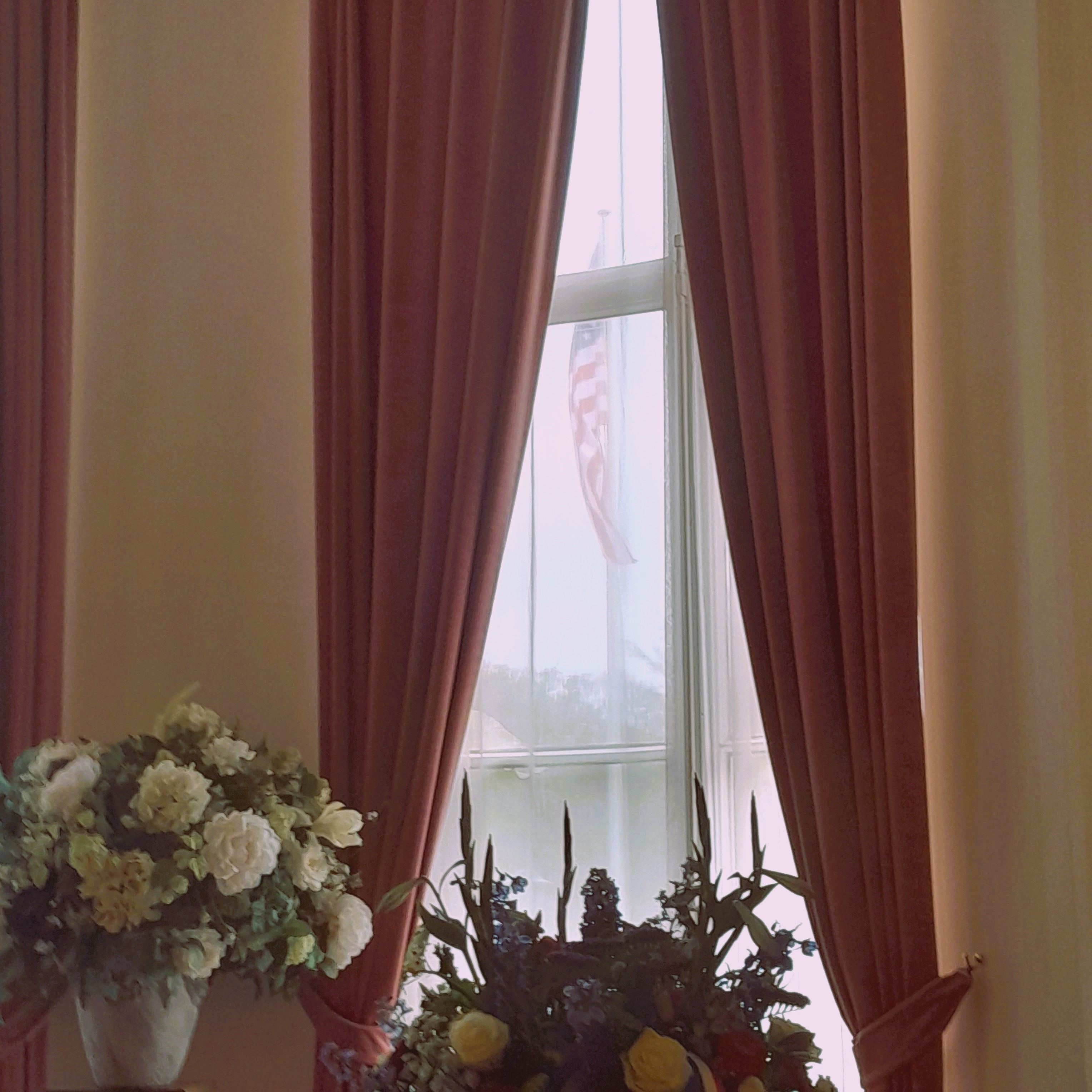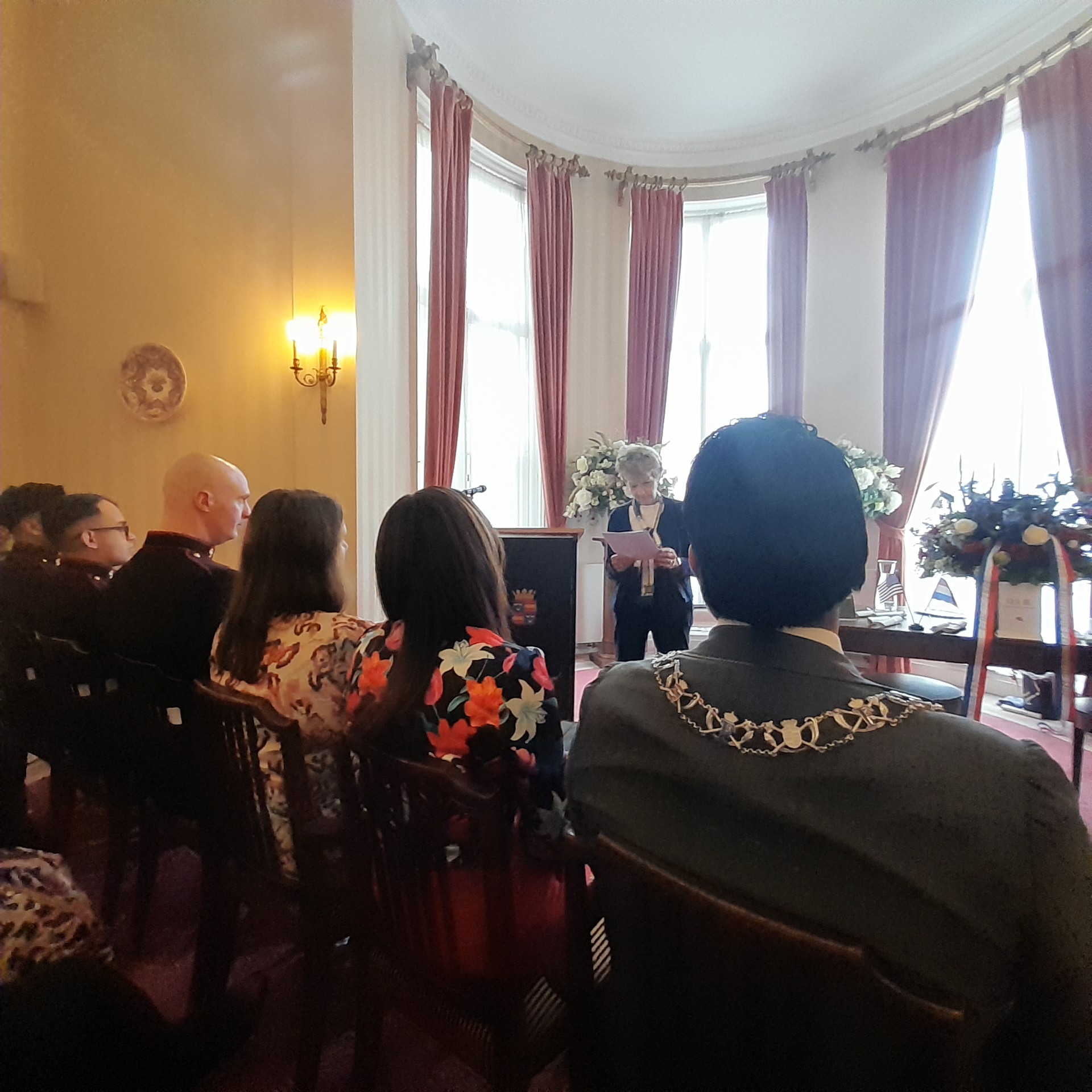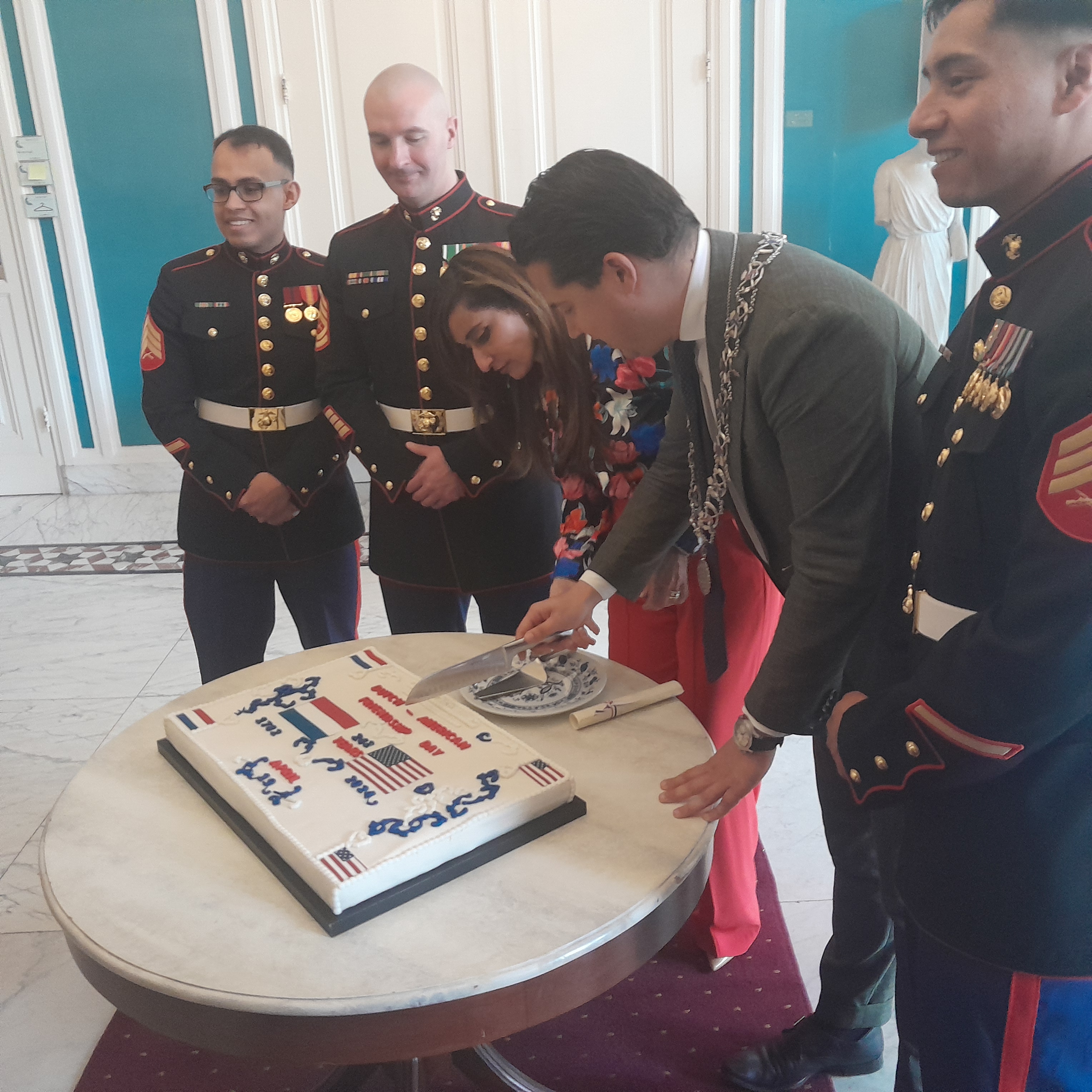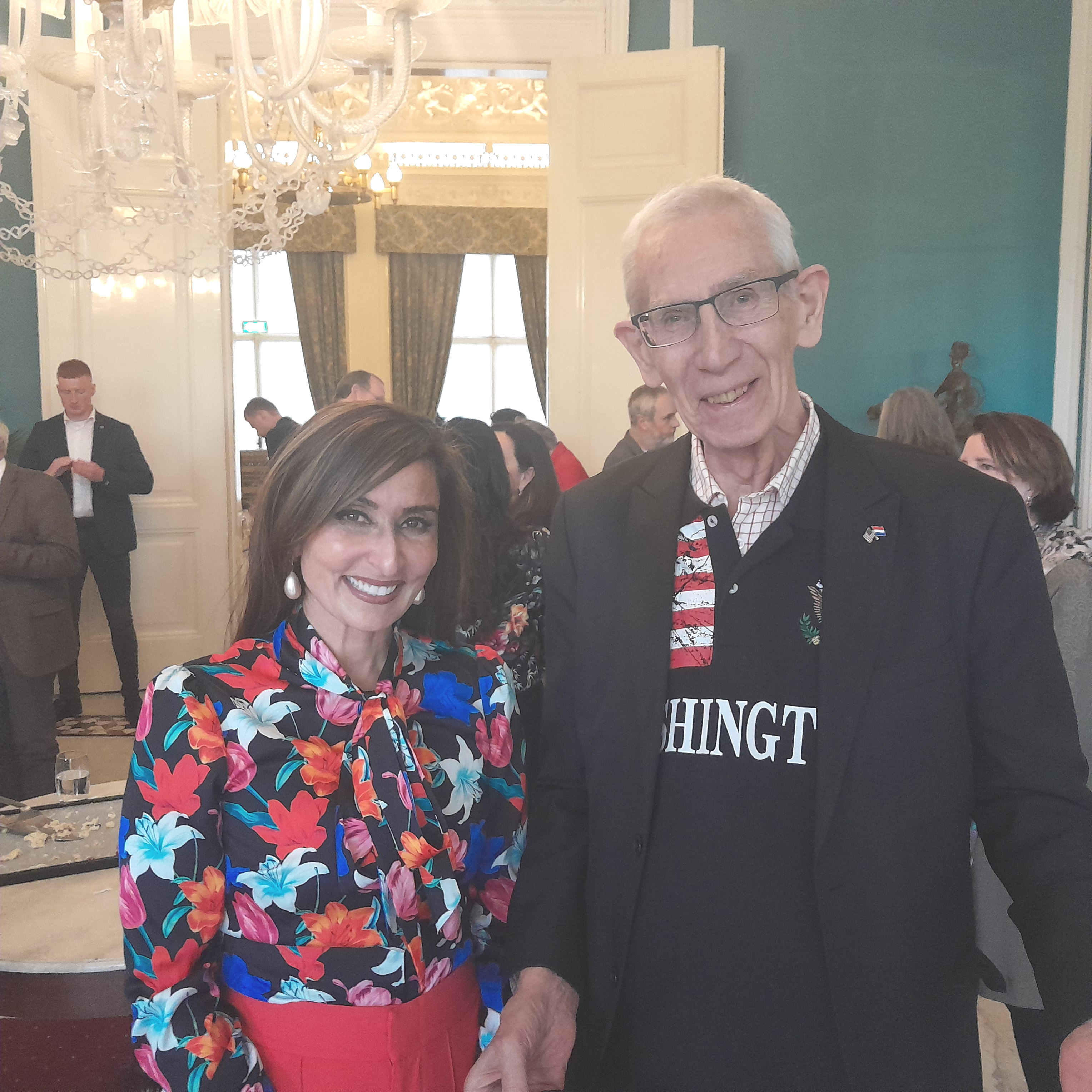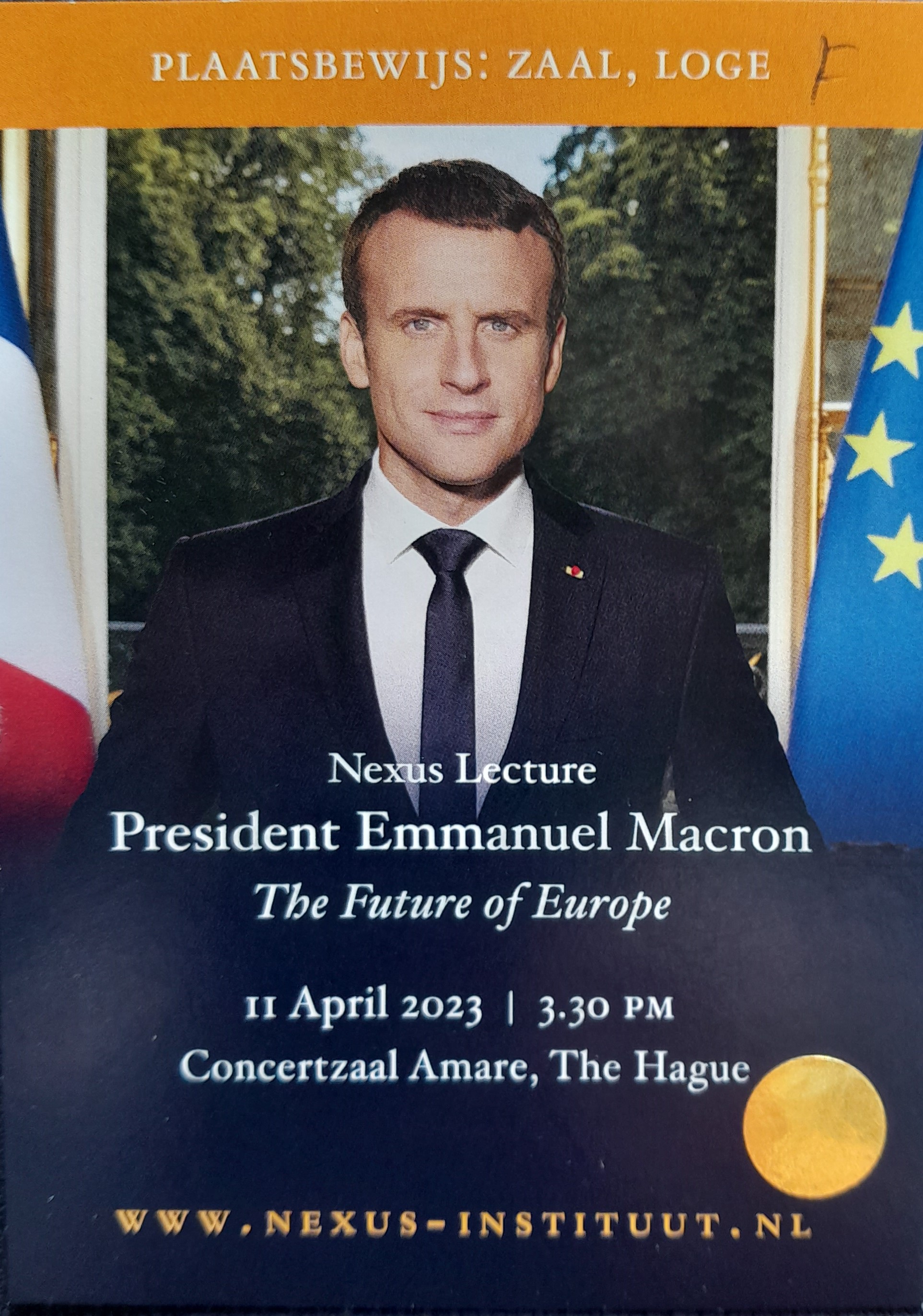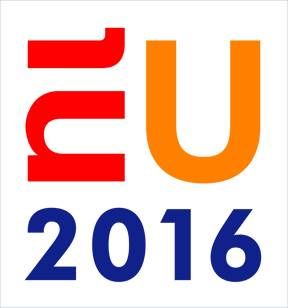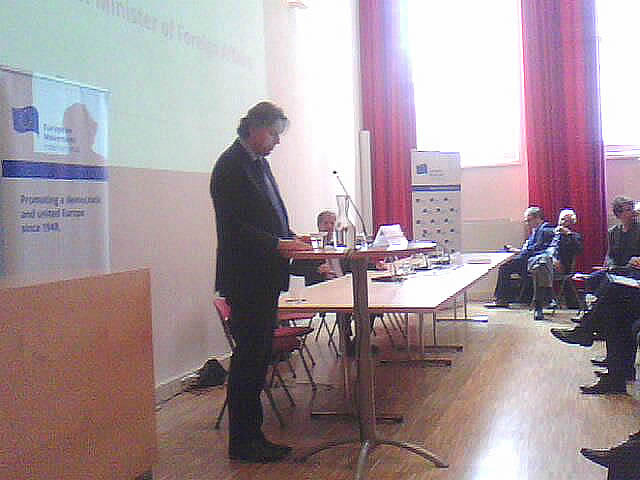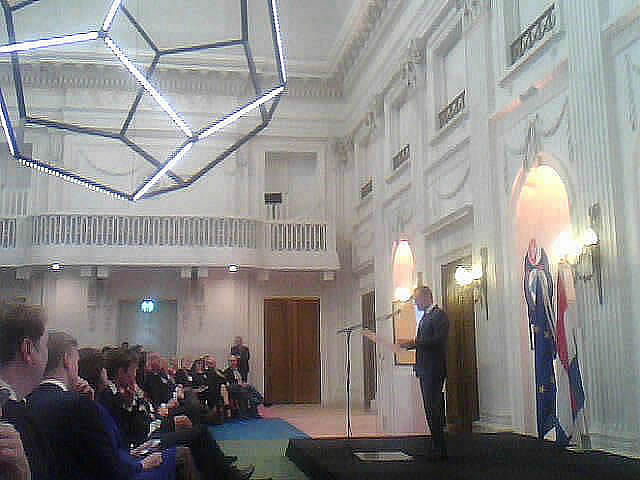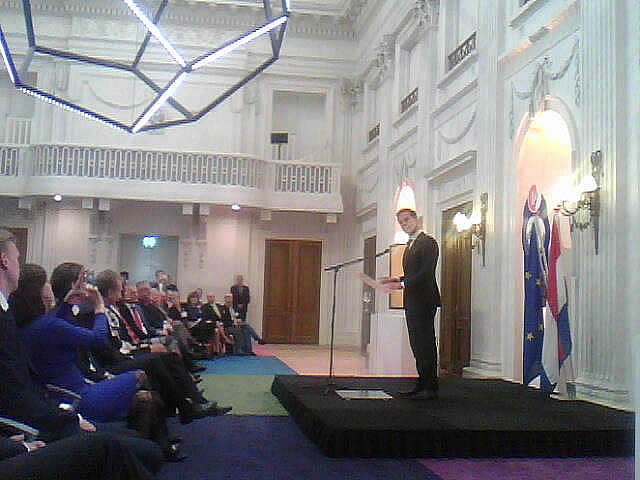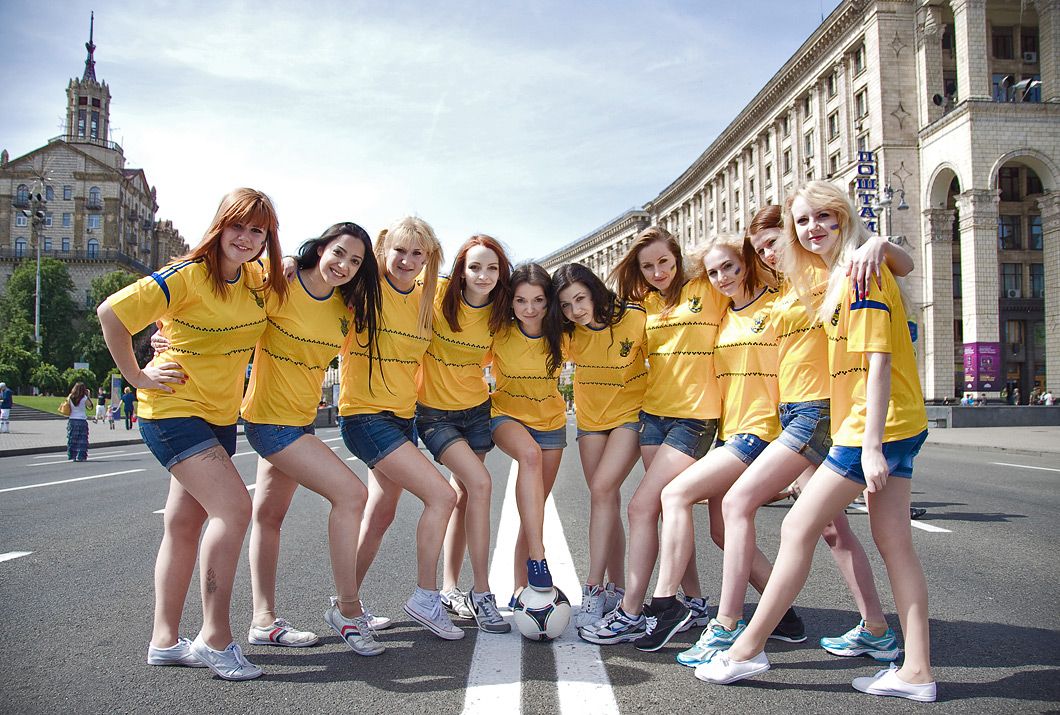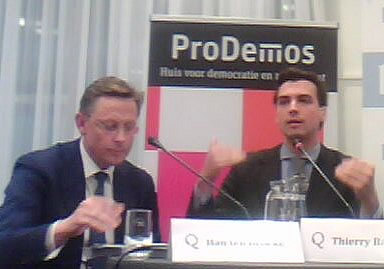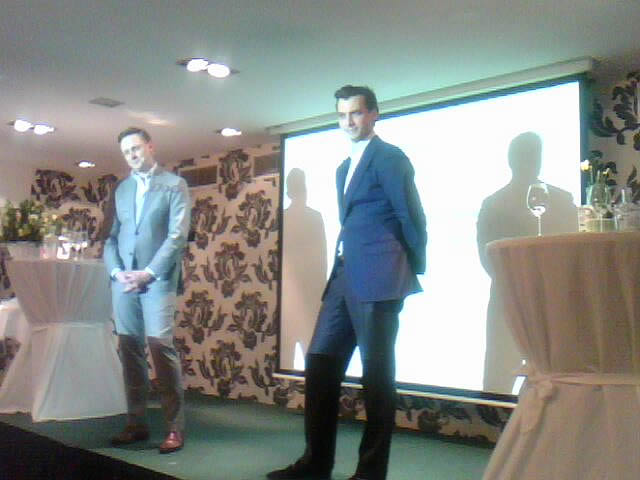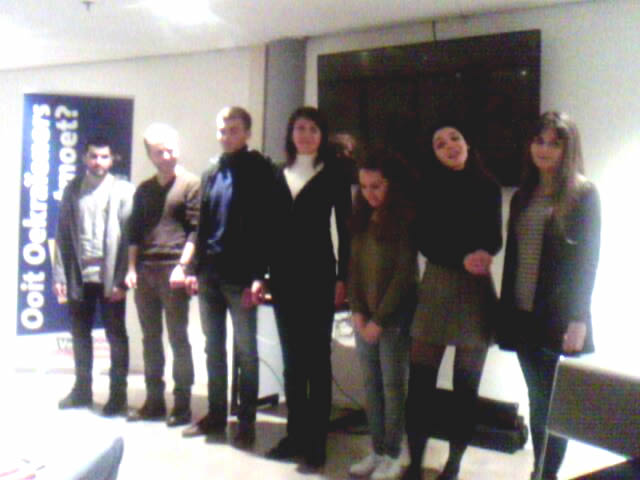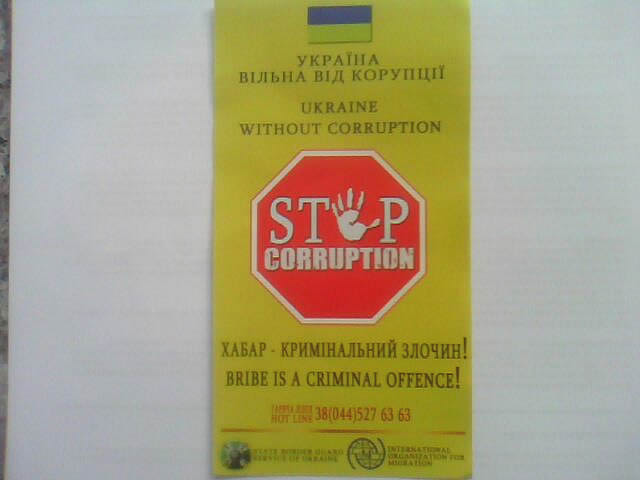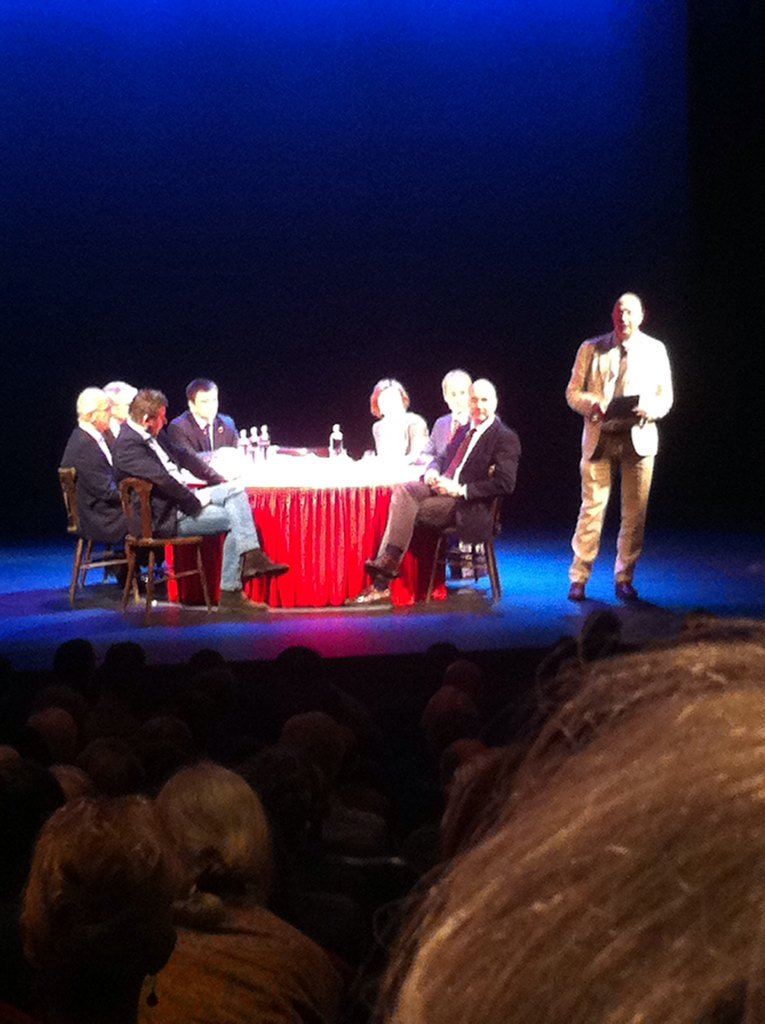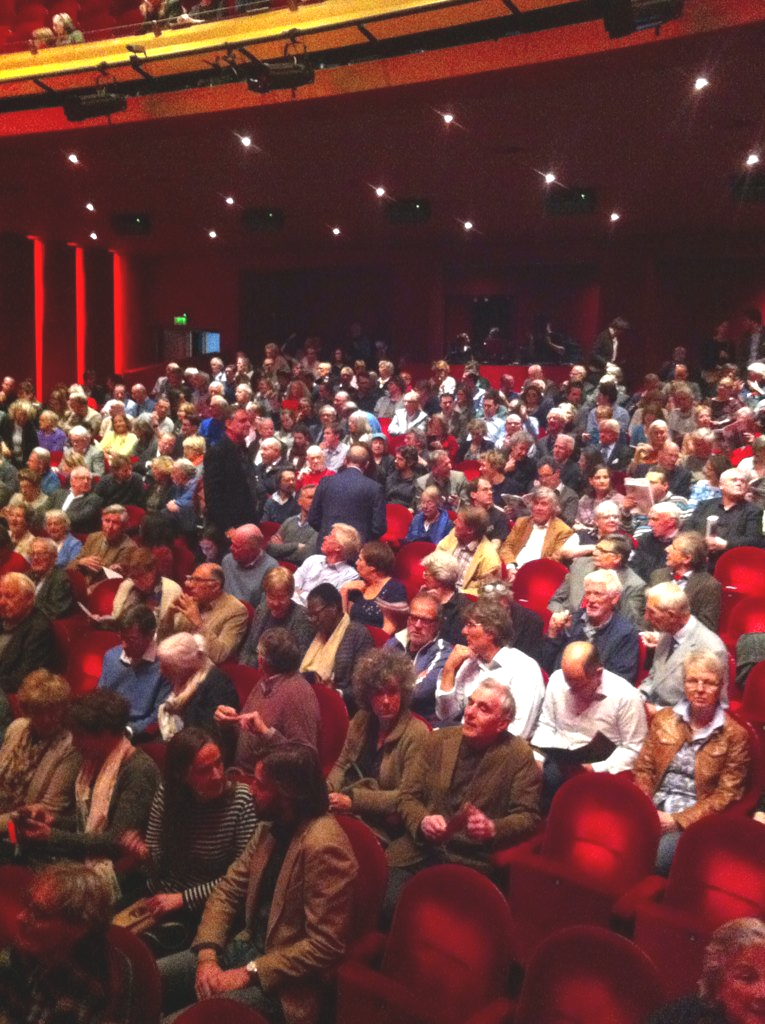The Netherlands is the main constituent country of the Kingdom of the Netherlands. It is a small, densely populated country, lying mainly in Western Europe. The European part of the Netherlands borders Germany to the east, Belgium to the south, and the North Sea to the northwest, sharing with Belgium, the United Kingdom and Germany. The largest and most important cities in the Netherlands are the country's capital Amsterdam, the city of the Dutch seat of government The Hague and Rotterdam with it's largest port in Europe. The Netherlands' name literally means "Low Country", inspired by its low and flat geography, with only about 50% of its land exceeding one metre above sea level. Most of the areas below sea level are man-made. Since the late 16th century, large areas (polders) have been reclaimed from the sea and from lakes, amounting to nearly 17% of the country's current land mass. With a population density of 406 people per km² – 497 if water is excluded – the Netherlands is a very densely populated country for its size Towards the end of the 16th century, Dutch ships, like those of other European nations, were heading for the east coast of America. More than 400 years ago, in 1609, Captain Henry Hudson visited present-day New York with his VOC ship the Halve Maen. The area discovered by Hudson was called New Netherland, with its capital being New Amsterdam, the city that grew into New York City. The Netherlands officially handed over New York to England in 1674. More than a century later, the United States became an independent nation. The Netherlands was the first country to recognize the US as an independent country, after the declaration of independence drawn up by Thomas Jefferson in 1776 was signed by the various American colonies. This 'Declaration of Independence' is even partly based on the Dutch Plakkaat van Verlatinghe (Act of Abjuration) from 1581, with which the Netherlands declared itself independent from the Spanish king. In 1782, John Adams, the second president of the United States, was received by the States-General in The Hague as Minister Plenipotentiary of the United States of America. On that same day, John Adams bought a house in The Hague, which became the first American Embassy in the world. In the Dutch Golden Age (17th century), literature flourished with Joost van den Vondel and P. C. Hooft as the two most famous writers. In the 19th century, Multatuli wrote about the poor treatment of the natives in Dutch colonies. Important 20th century authors include Harry Mulisch, Jan Wolkers, Simon Vestdijk, Hella S. Haasse, Cees Nooteboom, Gerard (van het) Reve and Willem Frederik Hermans. Anne Frank's Diary of a Young Girl was published after she died in the Holocaust and translated from Dutch to all major languages. |


